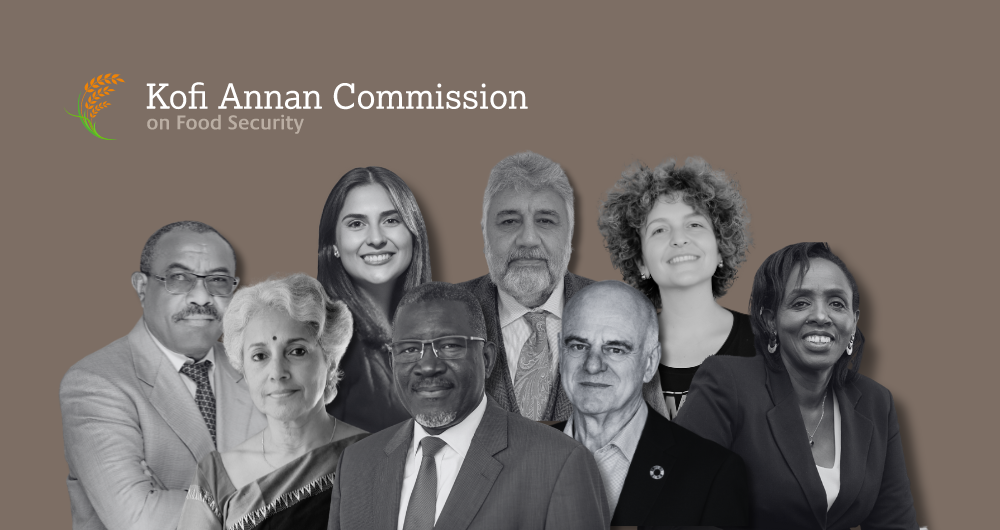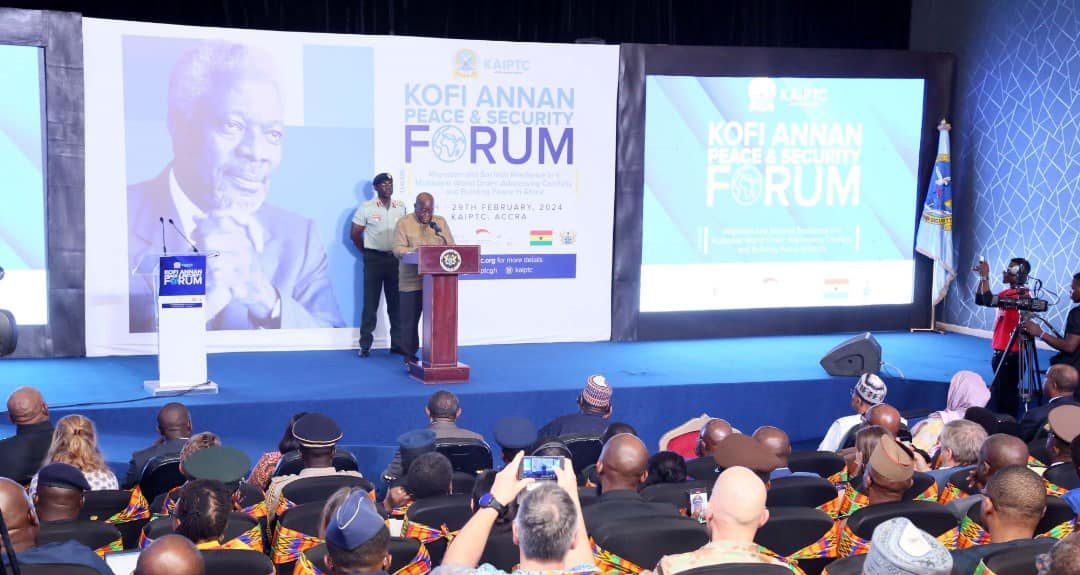Press Statement: African Union Panel of Eminent African Personalities – Kenya National Dialogue and Reconciliation
The South Consulting report found that as Kenya prepares for the March 2013 General Election, there is concern about insecurity in some parts of the country. Pre-election violence, comprising inter-communal and resource-based conflicts, has caused human displacement especially in some parts of Coastal and Northern Kenya. There is a danger of low turnout due to voter apathy.
The causes of anxiety in these areas include pre-election strategies by different communities to gain control of power through the elections. The formation of ethnic alliances at the national level is also reproducing similar alliances at local levels, where some community leaders are negotiating the sharing of political power. Where competition is intense, violence is also mobilised.
In contrast to the period after the post-election violence in 2008 when people had lost confidence in key institutions, transformation of key institutions after the promulgation of the new Constitution is gradually rekindling public trust in them. New laws and institutional arrangements that demand transparent recruitment and procurement processes, and the creation of new oversight mechanisms are transforming institutions and contributing to the gradual renewal of public confidence and trust in a number of institutions that will oversee the conduct of elections.
It is significant that the Judiciary has continued to enjoy increased public confidence. Bold rulings and administrative and technical changes made over the past year have asserted the political and institutional independence of the Judiciary. In the reporting period, 76 per cent of those interviewed said they had confidence in the Judiciary. However, internal resistance to reforms sustains the public impression that courts are unlikely to render fair judgement in cases pitting the powerful against ordinary people.
The IEBC is also highly rated by Kenyans. Over 90 per cent of the respondents said they have confidence in the IEBC, and a similar number believe that the IEBC is independent enough to conduct the next elections. However, there are concerns that the IEBC has been inconsistent with deadlines. While the eventual levels of voter registration achieved are respectable by any standards, the Commission had to lower its targets and expectations on voter registration to what was achievable. Furthermore, the requisite managerial capacity of the IEBC to conduct elections is yet to be properly tested. Elections comprise several tasks, all rolled into one major task, and carried out in a few days. On account of this, the Commission should carefully test and review its systems and address any weaknesses before the actual date of the election. This is important to ensure there are no feelings of false security.
Confidence in the police and in political parties remains relatively low compared to the Judiciary and the IEBC. Although public confidence in the police and political parties is relatively low, the appointment of an Inspector General of Police, alongside the promise to undertake fundamental reforms, is likely to draw public trust. Gaining this trust is critical, given the poor level of preparedness that the police have shown in halting the violence taking place in some parts of the country.
Party hopping, formation of alliances by elites who do not consult members, and founding parties on ethno-regional platforms is happening in spite of the law and the new Constitution. Unfortunately, responsible public officials are yet to apply sanctions on political parties and the key leaders. Without injurious consequences for their actions, politicians will continue ignoring the rule of law and by that weaken the foundation of a credible election. The IEBC and the Registrar of Political Parties should demonstrate a clear break with the past and enforce the law in an effective manner so as to nurture strong political parties, a mature political culture and an accountable political system. Otherwise, the old order of electoral impunity will triumph and undermine the very foundation on which the new Kenya is being built.
In this last lap to the forthcoming General Election, a number of critical electoral environment indicators are promising. Many of the doubts about critical aspects of the electoral system, such as the implications of not meeting the gender threshold in the next elections, have been settled. The freedoms of assembly and association are not under any significant threat and the police have generally not interfered with their exercise or enjoyment.
However, a number of challenges still need to be addressed. Key on this list is dealing with the activities of resurgent illegal groups. Curbing rising hate speech, especially through social networking sites, should also be prioritised. The IEBC and the new leadership of the police force have to agree on and put in place an effective early warning, response and mitigation strategy for election-related violence, given current indications. Civic and voter education could also do with some improved coordination and IEBC’s leadership in forging strong partnerships with other providers.
Strengthening the IEBC enforcement mechanisms for electoral offences is imperative. Failure to punish especially the influential and powerful individuals around whom political parties revolve will lead to the IEBC and the Registrar being viewed as paper tigers that can safely be ignored. In regard to the latter, IEBC should be bold enough to focus on the violations and identify culprits for punishment using due process.
For media inquiries please contact:



